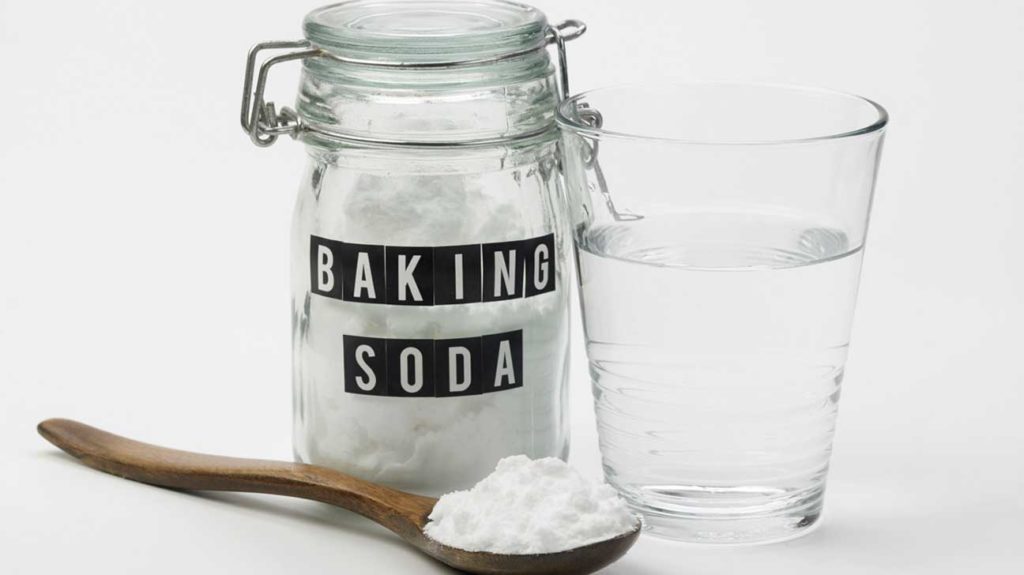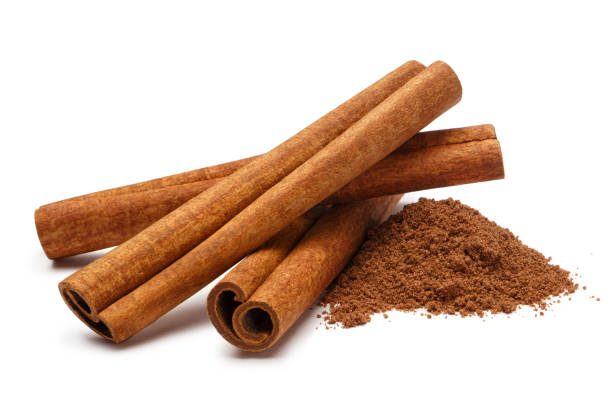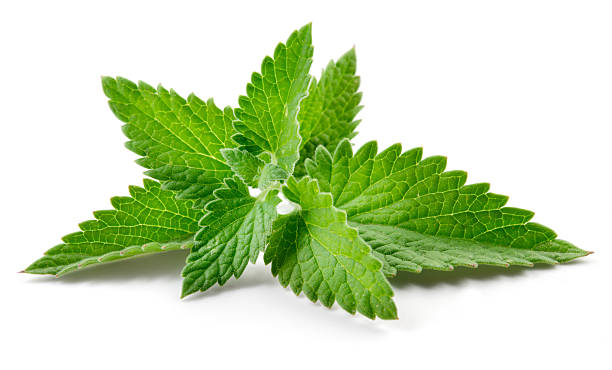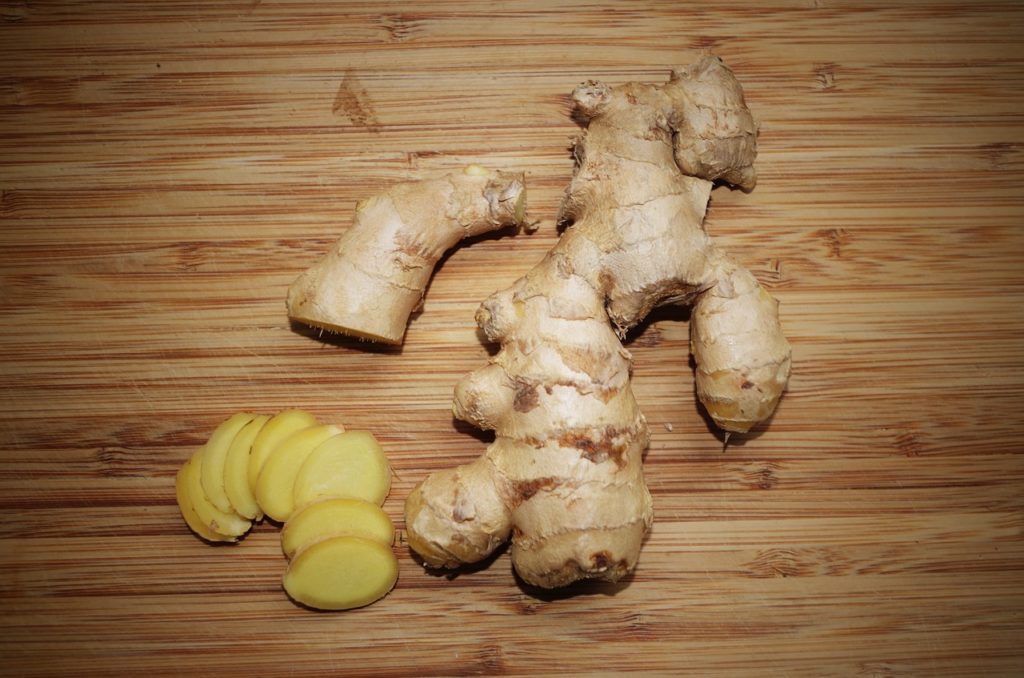A 2013 medical research poses that indigestion affects 40% of the world population and reduces the quality of life. In medical terms, indigestion is called dyspepsia or upset stomach. (1)
Indigestion is a gastrointestinal disorder having one or several symptoms of gastric pain, bloating, and nausea. Some studies pose that heartburn and acid reflux may also be among the symptoms. (2,3,4)
There are medical prescriptions that may help you to treat indigestion faster. But, most of these antacid drugs have side effects on your gut health, i.e., they may cause constipation and nausea. (5,6)
Here are home remedies for indigestion that you may use at home to effectively treat dyspepsia before integrative medicine or over-the-counter antacids.
How can I solve indigestion at home?
Apple cider vinegar
Several studies suggest that apple cider vinegar may help lower postprandial glycemic response. The response is due to the ability of apple cider vinegar to slow gastric motility. (7)
In a placebo study, the clinician recommended apple cider vinegar at a 1-2 tablespoon dose. The results were impressive in 1oz of water 30 minutes before meals. (8)
According to the Harvard medical school, apple cider vinegar is acidic and may help improve the stomach environment for the action of enzymes. (9)
Furthermore, it stimulates the body’s production of stomach acids, especially if you lack enough acid in the stomach.
Peppermint tea
A 2008 study shows that peppermint tea has several health benefits to the digestive tract. Peppermint tea may also help reduce diarrhea, flatulence, and abdominal pain.
Peppermint relaxes the stomach walls and may ease indigestion and severe pain due to dyspepsia symptoms.
Aloe juice
Aloe vera juice may help soothe the stomach lining, reducing the burning sensation due to stomach acids.
It will help if you take half a glass of aloe juice daily before your meals to reduce frequent heartburn and treat other stomach infections.
Due to its bitterness, you may add some teaspoons of honey to aloe vera juice to taste
Fennel seed
Fennel seeds can soothe spasms in the intestinal tract and reduce symptoms of indigestion. A 2016 study found that fennel seeds may also improve irritable bowel syndrome symptoms.
A systematic review study in 2021 found that fennel tea is used as a natural remedy for several digestive disorders like bloating, flatulence, and dyspepsia.
Baking soda (sodium bicarbonate)

Peer-reviewed studies found that baking soda can effectively settle chronic metabolic acidosis. Further research shows that baking soda has effectively treated acid indigestion and acid reflux for decades. (10, 11)
A 2020 study affirms that baking soda is widely used as an antacid for treating dyspepsia or gastric hyperacidity.
Sodium bicarbonate in baking soda acts as an antacid and affects other over-the-counter antacid drugs.
Take half a teaspoon of baking soda, dissolve it in a 4-ounce glass of water, and drink. Sip this drink slowly is advisable to avoid side effects like diarrhea and stomach gas.
Licorice root
A 2014 in-vitro study mentioned licorice root extract as one of the herbs that can effectively help in functional dyspepsia symptoms like heartburn and stomach cramps.
The licorice root extract has several flavonoids and triterpenoids that alleviate symptoms of indigestion and the actions of H. pylori which causes stomach ulcers. (12,13)
Lemon juice
A 2017 national institute of health publication shows that lemon water is an effective treatment for stomach hyperacidity.
A clinical trial done in 2014 shows that drinking low acid liquids like lemon juice can influence GERD and other GI tract issues.
Cinnamon

A 2015 study shows that cinnamon was used in Roman times for digestive and respiratory ailments.
Moreover, it’s proved a good remedy for digestive disorders and may help ease heartburn and other respiratory health conditions. (14)
Cumin
Cumin is a traditional remedy for several digestive disorders. A study shows that it can alleviate dyspepsia and diarrhea. (15)
Basil
A 2021 study proves that basil leaves have been used for treating indigestion, ulcers, sore throats, and other kidney problems.
A medically reviewed study of 2016 affirms the effectiveness of the basil plant for treating coughs, common cold, and mild indigestion.
Spearmint

Studies pose that spearmint mixed with other essential oils and lemon balm is effective for irritable bowel syndrome. (16)
Since ancient times, spearmint has been used to treat excess stomach gas, abdominal pain, colds, indigestion, and mouth sores. (17)
What is the best natural antacid?
Relaxation
Relaxation techniques are effective for improving indigestion symptoms. (18)
A 2018 medical study suggests that relaxation techniques may help with gastroesophageal reflux disease symptoms and indigestion.
Probiotics
Probiotics are beneficial bacteria that are very vital for your gut health. In fact, a 2020 study found that probiotics are effective for treating several digestive disorders like acid reflux, indigestion, and heartburn.
Another systematic review study shows that probiotics are prebiotics that may help with acid reflux and functional dyspepsia symptoms. (19)
Chamomile tea
A 2008 study found that herbal teas of chamomile, lemon balm, and other herbs may help with digestive disorders.
Chamomile tea can also help with mild illnesses of indigestion, according to a 2005 research study.
It has anti-inflammatory properties that are effective for other health conditions in the human system. Seek medical advice before using chamomile tea when taking blood thinner regimens.
Ginger tea

In 2013 ginger tea was found to be very effective in several health benefits. Ginger tea can treat dyspepsia, constipation, belching, and stomach bloat.
A 2008 study posits that ginger tea accelerates gastric emptying and helps with several digestive disorders.
Ginger is a helpful traditional herb for treating nausea and vomiting and indigestion. The tea may also help with antral contractions in patients with functional dyspepsia. (20, 21)
You may grate a thumb size of ginger into boiling water, then sieve and drink.
Lifestyle changes
The best home remedies for indigestion are lifestyle factors that improve overall health.
A 2013 study shows that dieting and lifestyle are the chief culprits of indigestion. Certain foods like dairy products and fatty or spicy foods are primary causes of indigestion.
Lifestyle choices like drinking alcohol may trigger indigestion. Practices like chewing gum, sleeping immediately after eating, or doing strenuous physical activities are lifestyle choices that may cause indigestion.
If you avoid trigger foods and other carbonated beverages, then you may quickly reduce heartburn symptoms and excess stomach acid.
Studies also link obesity to digestive system problems like heartburn and acid reflux. Consider steps to lose weight to reduce stress on your stomach due to your excess weight.
Take a warm bath when you feel dyspepsia. Studies show that a warm bath improves digestion.
Responsible eating habits
All the home remedies for indigestion won’t do you good if you have poor eating habits.
It will be best if you chew food properly and eat slowly to enable effective action of digestive enzymes.
Do not drink water with your meals to avoid disrupting the digestion process in the stomach. You should also choose your diet wisely to avoid acidic and spicy foods that may trigger indigestion.
What helps indigestion quickly?
Herbal tea
Herbal teas are alkaline and may help with reducing stomach acidity. You may consider herbal teas if you suffer from several digestive disorders.
The best herbal teas are those made from fruit leaves. You may take 8-9 different fruit leaves, add them to boiling water, then simmer, sieve, and drink.
Herbal tea is among the best alkalizing foods that you may consider for your general health. It’s also ideal for boosting the immune system.
Alkaline water
A 2002 study found that drinking alkaline water is essential for functional dyspepsia. Bicarbonate-alkaline water may also help with easing indigestion symptoms. (22)
A 2016 peer-reviewed study also found that alkaline water can relieve heartburn and other digestive disorders.
Few know that alkaline water may relieve indigestion or help with an upset stomach, but it’s not. Alkaline water forms part of the natural remedies for heartburn and dyspepsia.
What is the best thing to drink for indigestion?
Fruit and vegetable juice
A study found that apple juice is very effective for easing indigestion symptoms. This juice neutralizes stomach acid (23)
A 2021 review shows fruit and vegetable juices effectively treat functional dyspepsia. Furthermore, most fruits and vegetables are top alkaline foods that may reduce stomach acid.
Plant-based milk to neutralize stomach acid
A 2015 study found that walnuts may help with dyspepsia, making nut milk ideal to ease indigestion symptoms.
Several plants are alkaline and will reduce the severity of stomach acid. You may consider almonds, soy, or other plant-based milk within your reach.
Does milk help indigestion?
Medical studies pose that cow milk cannot help indigestion. In fact, several findings prove that it can worsen your state of dyspepsia.
A 2022 study found that taking low–fat or full-fat dairy products doesn’t have any significance on GERD symptoms.
A 2004 peer-reviewed study found a significant relationship between GERD and cow milk hypersensitivity in infants and children.
How long will indigestion last?
Upset stomach symptoms may last for a few hours or days. The muscle spasms may disappear, but relieving heartburn may require some treatments.
If the upset stomach comes with acid reflux and a sour taste in the mouth, you may easily use peppermint essential oil from your nearest health food stores.
What does severe indigestion feel like?
When you have severe dyspepsia, there is a burning sensation from the lower esophageal sphincter of the stomach to the upper chest area. (24)
It may be accompanied by bloat, flatulence, and severe heartburn. (25)
When to seek a doctor for gastroesophageal reflux disease
Even without using home remedies for indigestion, you may overcome indigestion issues in a few days. But, when the symptom persists, then you may seek medical advice.
You should see a doctor if you have the following symptoms.
- The symptoms persist longer than two weeks
- You have other digestive conditions
- Your condition is worsening even after attempting some home remedies for indigestion
- Frequent vomit
- Drastic loss of weight
Summary
These natural home remedies for indigestion are not to take the place of your medical diagnosis.
This disclaimer is vital to you because there might be other underlying digestive problems that cause your indigestion.
However, natural remedies promote a healthy digestive system and may reduce inflammation in your body.


Pingback: What are the 13 positive lifestyle choices? | GILEAD THERAPY
Pingback: What are the 8 natural remedies? | GILEAD THERAPY
Pingback: 19 Acid reflux home remedies that works | GILEAD THERAPY
Pingback: How to Live Longer: 49 ways to increase longevity | GILEAD THERAPY